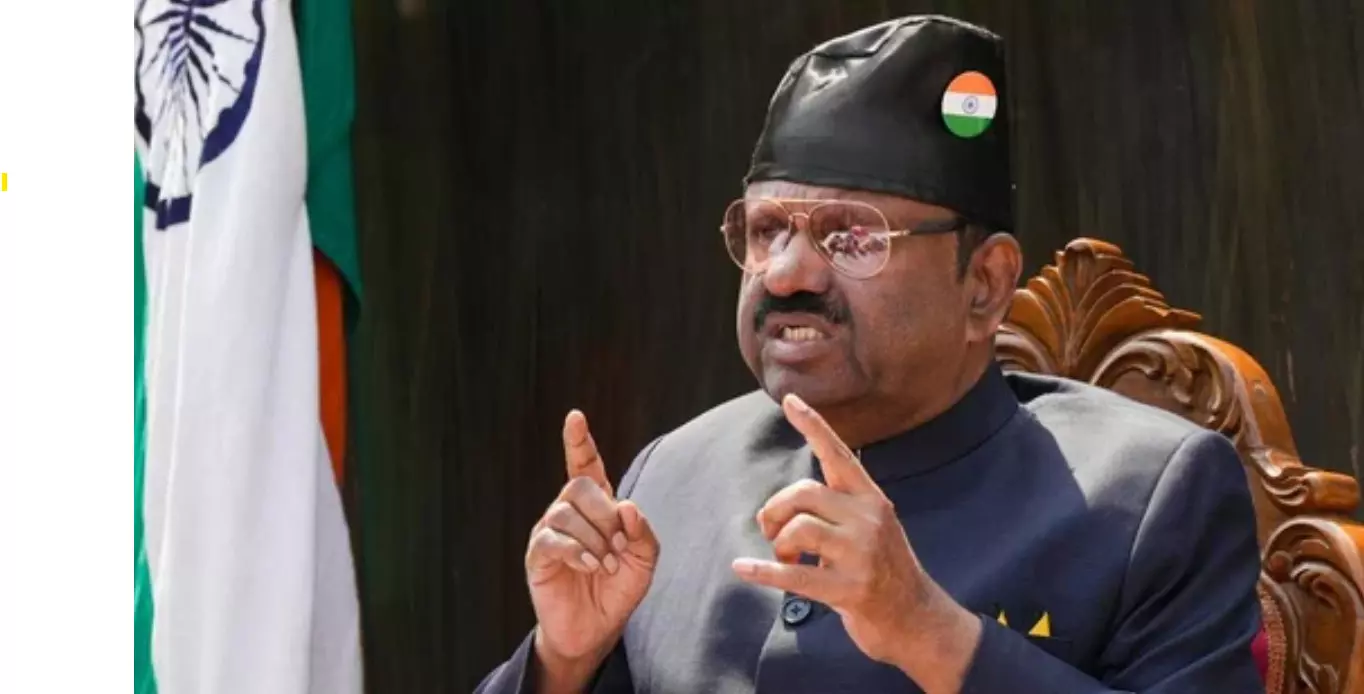Questionable impunity?

The offices of the President and Governors in India are protected from criminal proceedings under Article 361 of the Constitution, aligned with the quaint legal doctrine of ‘Rex non potest peccare’ — a Latin term that translates to “the king can do no wrong”. Such sovereign immunity has by and large become an obsolete concept in modern scheme of things. The crux of the Victorian concept can easily be challenged — the king (read as a metaphor for the Constitutional head in case of republics) can, obviously, do wrong.
However, considering the prestige and criticality of the offices held by the President and Governors, the Constitution makers of India maintained that “no criminal proceedings whatsoever shall be instituted or continued” against aforementioned officeholders during their term of office and “no process for the arrest or imprisonment” shall take place. The Governors in India are not “answerable to any court for the exercise and performance of the powers and duties of their office”, except for the process of impeachment in the Parliament. The high bar for instituting criminal proceedings against Governors is justified in the course of maintaining the sanctity of the office by shielding frivolous attempts to denigrate the officeholders. However, the idea of absolute impunity not just seems untenable but has also been challenged in the courts — both in India and abroad. In 2006, the Supreme Court, in Rameshwar Prasad vs Union of India ruled that the ‘absolute immunity’ enjoyed by the Governor does not “take away the power of the Court to examine the validity of the action including on the ground of malafides (actions taken in bad faith”. Indeed, the time has arrived when the thresholds for criminal proceedings against Governors are distinguished in cases of malafides vis-à-vis the cases involving the discharge of duties under the office. Earlier this month, the US Supreme Court ruled that former US Presidents are entitled to “absolute immunity” from criminal prosecution for official acts but not unofficial or personal acts. Unfortunately, a similar distinction is not yet spelt out in the Indian judicial system. Such a loophole exists despite the widely prevalent perception of Governors in Indian states functioning as agents of the Centre, and holding bias against opposition-ruled states. If one would argue that perceptions should not influence the rule of law, then the ground reality is no different.
Credit to a case of sexual harassment, filed by a female contractual worker of the West Bengal Raj Bhavan against the Governor CV Ananda Bose, the question of ‘absolute immunity’ has once again come into spotlight. A Supreme Court bench, comprising Chief Justice DY Chandrachud and justices JB Pardiwala and Manoj Misra, has issued a notice to the West Bengal government and granted the woman the liberty to include the central government as a party. The apex court has also sought the assistance of Attorney General R Venkataramani in determining whether the absolute impunity provided to the Governor undermines fairness, constitutional morality and violates fundamental rights to equal protection of the law and fair trial.
The contractual employee has asserted that the alleged actions of the West Bengal Governor infringed upon her right to life under Article 21 of the Indian Constitution, and that a delay in criminal proceeding until the expiry of the Governor’s term will obstruct the cause of justice. It appears completely bizarre that any Governor should enjoy impunity against allegations of sexual misconduct. The law must figure out an appropriate way of dealing with such cases. The Supreme Court’s judgement and observation on this critical matter are eagerly awaited.



